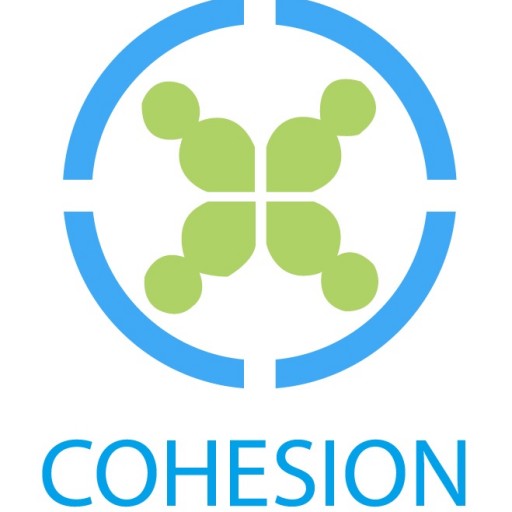The Geneva Health Forum (GHF) organised every two years aims to bring together different stakeholders in Global Health to address important thematic issues. This year’s theme was “Precision Global Health in the Digital Age” focusing on innovation in global health and innovations for global health.
Although COHESION did not present any findings at the conference the project was used as an example in two sessions chaired by COHESION’s Principal Investigator, David Beran. One session focused on partnerships and the other on the interface between Noncommunicable (NCD) and Communicable diseases.
In the partnerships session the question raised by David Beran was why a discussion on partnerships is important at a global health conference. He highlighted that global health by definition requires partnerships and that these now need to be thought of as not only North-South, but also South-South, between different institutions and individuals. Although much of the discourse on partnerships often focuses on cultural differences, this needs to go beyond the culture of countries to also include the culture of institutions, disciplines, sectors and ways of communicating. Examples were given from publications focusing on approaches to partnerships (see here) and also on how to make these sustainable (see here). Finally, that tools exist such as the Commission for Research Partnerships with Developing Countries (KFPE) and the Research Fairness Initiative (see here) being led by the Council on Health Research for Development providing researchers ways of ensuring that their partnerships are built on strong foundations. COHESION used the KFPE guidelines in developing its proposal and these now serve as principles on which the partnerships that make up COHESION function.
Entitled “Innovating by integrating care for NCDs and Communicable Diseases” the second session was a unique opportunity to open up the debate using COHESION as an example. David Beran introduced the concept of tracers and commented on how it was used in the COHESION Project formative research. This led to a discussion of key issues were the panelists, namely Lisa Huang from Expertise France, Stéphane Besançon from Santé Diabète and Joseph Kibachio from the Kenyan Ministry of Health, spoke about how to adapt health systems to managing chronic diseases and how integration was needed at different levels from policy, health system and community. The challenge of funding was debated as well as the emphasis on prevention versus treatment.
Although the focus and many of the sessions at the GHF highlighted technological tools as innovation, these sessions exposed that innovation can also come from how things are done and that “m” and “e” innovations are tools that can help with partnerships and integrating NCDs with other diseases, but that a key component that technology cannot replace are the people involved in the partnerships as well as the beneficiaries of any intervention.
